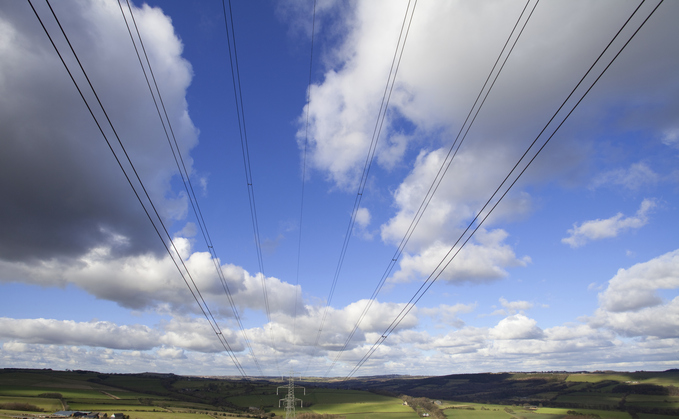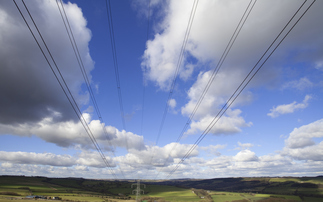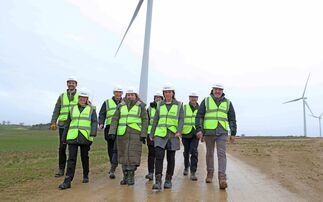Energy transition will be slower, costlier, and less secure without major public investment in renewables, think tank Common Wealth argues
The UK's energy transition will be much cheaper to finance through public investment than private borrowing, a new report has warned.
An analysis published this morning by progressive think tank Common Wealth has calculated Labour's updated plans to invest £8.3bn of public funds through a new public energy company could save up to £1bn in interest savings over a five-year Parliamentary term.
Common Wealth's report comes just a few days after Labour announced it was 'standing down' its goal to invest £28bn a year in green infrastructure, arguing fiscal constraints and high interest rates had made the original plan unaffordable.
However, Labour leader Keir Starmer insisted the Party remained committed to its goal of delivering a clean power system by 2030 and still intended to invest billions of pounds more than the current government in green projects.
An updated green investment plan published by the Party last Thursday confirmed the Opposition Party's intention to allocate £8.3bn of public funds to capitalise GB Energy, a new public energy company that would be tasked with investing in a wave of new renewable energy projects alongside the private sector and local communities.
Common Wealth said the planned renewables investment that could be unlocked through Labour's initial capitalisation could save between £125m and £208m annually on interest alone for each year the debt was being serviced, relative to investments financed through corporate borrowing.
"With lower borrowing costs and no need to pay shareholders in perpetuity, direct investment through a publicly owned company could save customers tens of billions compared to private investment," said Chris Hayes, chief economist at Common Wealth and co-author of the study. "Recent difficulties hitting new renewable projects both in the UK and abroad are testament to the difficulty of relying on fragmented and profit-driven actors in a period of uncertainty. Instead, public ownership offers the flexibility to steer us through an increasingly turbulent period of transformation."
Experts have warned that hundreds of billions of pounds of investment will need to mobilised to deliver the energy transition over the coming years.
One recent analysis from consultancy BCG and banking giant Natwest calculated roughly $900bn would need to be spent by 2050 to build the supply side of the UK energy system, including generation capacity, grid upgrades, and new technologies.
Common Wealth's calculated that sticking with the £28bn a year green investment plan could have saved between £400m and £700m a year on interest alone, compared to relying on corporate borrowing to deliver new clean energy projects.
As such, the think tank is calling for an additional £22bn of public investment over the next Parliament in homegrown renewables, on top of the £8.3bn allocated to GB Energy, arguing the funds will be critical to accelerating the energy transition and boosting UK energy security.
Previous analysis from the TUC found investments of between £30bn and £40bn through to 2030 could enable the development of a British public energy company that could grow to rival France's EDF.
Elsewhere, Common Wealth's report highlights how public ownership of renewables projects in the UK is already widespread, just not by the UK government. It found 44.2 per cent of current offshore wind generation capacity is held by foreign state-owned companies, with the Malaysian government and the city of Munich owning more UK offshore wind than the combined total of UK public entities.
Mathew Lawrence, director at Common Wealth, said the "true test" of Labour's ambition for GB Energy centre on how the energy company is designed and scaled.
"The UK squandered the wealth of the last energy revolution by privatising the North Sea and cutting taxes for polluters," he said. "But the renewables revolution could be our Norway moment - where we harness the resources of our island home to benefit us all for generations to come.
"An ambitious public renewables company like GB Energy on the scale of leading international equivalents would mean lower energy bills, good jobs in every part of the country, faster decarbonisation and energy independence for the UK - indeed it is the cornerstone of any serious attempt to transition our economy."
Want to understand what is going on at the cutting edge of sustainability? Check out BusinessGreen Intelligence - the premier information for professionals focused on the UK's green economy.











